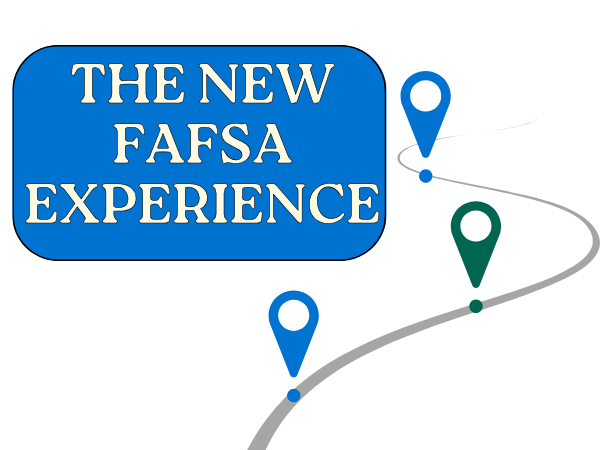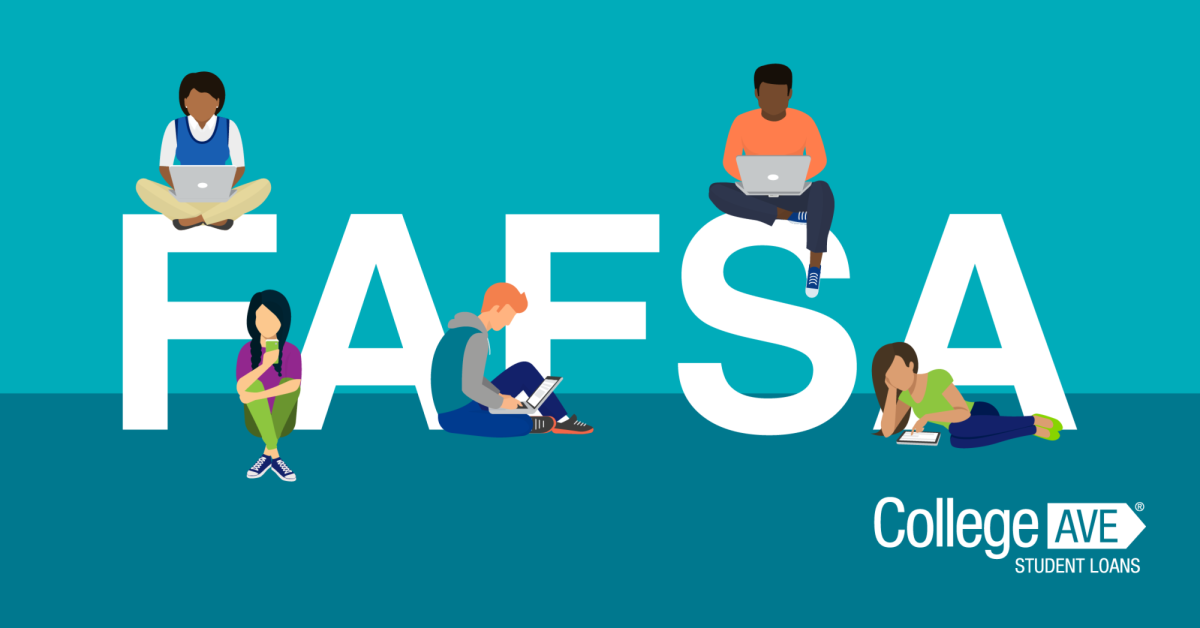While the Spring Valley motto is to be “college and career ready,” the real world is more than achieving high scores in their academics and sports. Becoming an adult is part of being career-ready and one component of becoming an adult is paying taxes. How ready are seniors truly with graduation around the corner?
“My mom usually pays a tax dude to do her taxes… I assume I can do the same..” Senior Mia Hunt said.
Seniors have different plans of action that involve an influence that comes from outside of school. While the use to pay someone else to do them is uncommon, it can be a move for seniors who want it out of their way or until they feel prepared to do it.
“I haven’t been taught yet. I know my parents wanted to teach me.” Senior Mary Kentsler said.
Though it’s more common to have parents teaching on their own, as they’re experienced and it doesn’t cost to teach.
“My mom is the one teaching me how to do taxes, but I hadn’t necessarily had to go deep into taxes.” Senior Sydney Schipft said.
It’s also convenient to have a parent who’s there to learn from and has the time to go over how it works, a benefit some students don’t have.
“I’m fortunate enough to have a family that’s going to teach me how to do them but, I know there’s a lot of students whose families won’t teach them or educate them about taxes,” Senior Sydney Schipft said.
Though 87% of adolescents concede that they don’t know much about personal finance, according to a study by ING Direct. With those who don’t have the convenience of an available parent or guardian, there are other resources students can use, that aren’t school-provided.
“There’re options, you can pay people, you can learn them yourself, and there are YouTube videos,” Senior Mia Hunt said.
When it comes to independent choices, nearly 86% of the returns were completed with tax software, which was completed by a tax professional in 2016, according to USA Today. Paying a tax professional can be beneficial when time isn’t in the odds, or if there isn’t much confidence is doing it properly, a life skill necessary for being “college and career ready.”
“I actually just had a lesson in Government about investments and stuff… I think [schools] should prepare students, it’s just not as wide as it should be..” Hunt said.
Hunt isn’t wrong when it comes to schools not being wide-spread with preparing students. Barely 12 % of elementary and high school classes teach methods of financial instruction, and 78 %of teachers believe they need a further relevant financial curriculum, according to a 2016 study from PricewaterhouseCoopers (PwC).
“I don’t even know if we have a class that helps teach taxes, maybe Personal Finance at best but we’re not required to take that, so I feel like a lot of personal life skills that we need in order to be really successful…” Kentsler said.
Only five states, as of February, make Personal Finance a required class. Alabama, Virginia, Tennessee, Utah, and Missouri expect high school students to take a minimum of a half-year Personal Finance course as a graduation qualification.
There’s a gap separating being prepared for college and being prepared for life during college. The outcomes from a multi-year College and Career Readiness survey discovered that 45% of students feel confident about their college and career readiness. Adding to that, 87 % eventually want a college degree and a career, but many still think that schools aren’t accommodating to the abilities they’ll need to thrive after graduation.
“They can accommodate by having a required course, maybe a social studies course… about having basic life lessons,” Kentsler said. “Middle schools used to have Home Economics… so maybe if they could bring that back into a high school setting, that way students becoming adults are quickly learning how to adapt to their world.”














